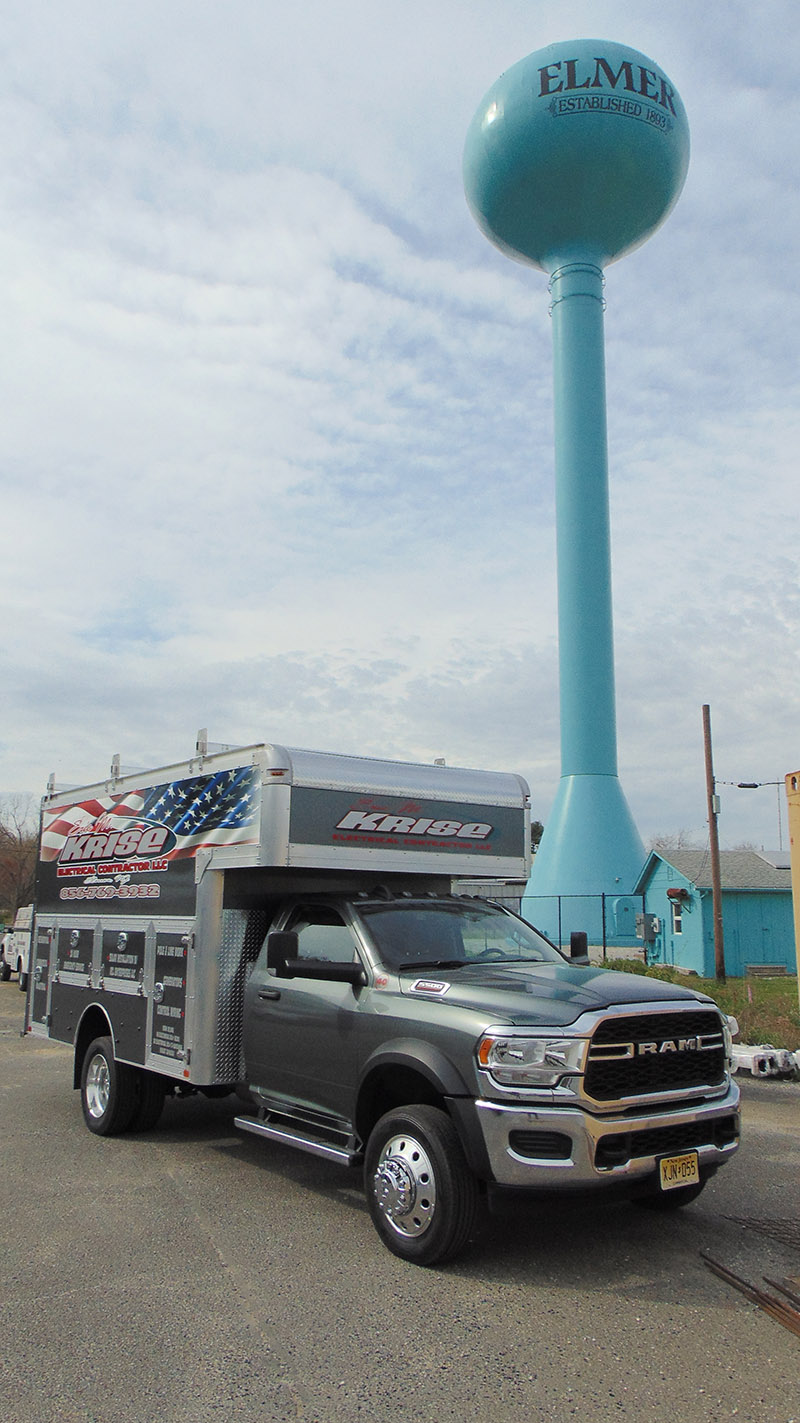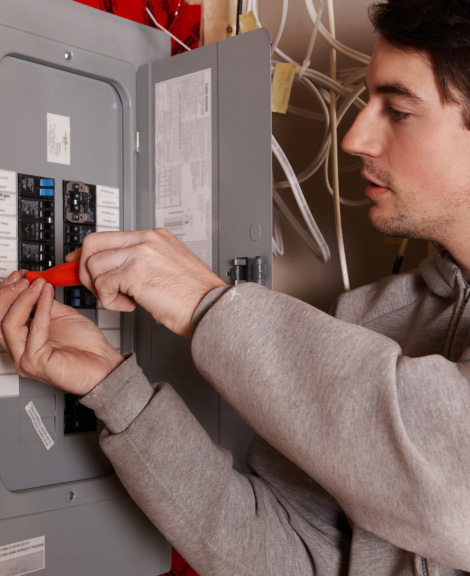Pricing/Cost Factors
Average Cost of An Electric Panel Upgrade in NJ
Are you experiencing frequent power outages in your home or business? It may be time for an electric panel upgrade. Krise Services offers professional electric panel upgrade services in New Jersey. With over 30 years of experience, our team of NJ electricians can assess and upgrade your electric panel to ensure it can handle your electricity needs and provide reliable power to your property.
But what exactly is the average cost for an electric panel upgrade in New Jersey? The average cost of upgrading an electric panel in NJ is $1,200-$4,500.
What Factors Determine the Cost of Upgrading An Electric Panel?
The cost of upgrading an electric panel depends on factors like panel size, location, smart features, and additional electrical upgrades. A new panel offers great opportunities, but understanding the costs is key to meeting your home’s power needs.


Factors that impact Upgrading An Electric Panel
Size Of The New Panel
Electric panels come in various sizes to meet the power requirements of a building. The size of the electric panel is determined by the number of circuits and the amperage capacity required.
A small electric panel can have as few as 4 circuits and support an amperage between 60 and 100 amps. On the other hand, a large electric panel can have as many as 32 circuits and support an amperage between 200 and 400 amps. The larger the panel, the more circuits and amperage capacity it can support. Regardless of size, all electric panels must adhere to safety regulations to prevent electrical hazards or fires. For homes, it’s essential to ensure that the electric panel size is adequate to power the entire house and its electrical appliances.
The larger the panel, the higher the cost for the upgrade.
Location
The location of an electric panel can make all the difference when it comes to installation costs. If the panel is located in an easily accessible area, installation will likely be relatively straightforward and therefore less expensive. However, if the panel is in a harder-to-reach location, such as in a basement or attic, the installation costs can increase due to the additional labor and equipment needed to access the area.
This can also be true if the panel needs to be relocated to a new area. The cost of relocating an electric panel can vary depending on the new location and the amount of rewiring needed. It’s best to consult with an electrical professional to determine the most cost-effective solution for your specific situation.
Smart Panel
In today’s digital age, technology is advancing at a rapid pace, and electricity is no exception. The emergence of smart electric panels has revolutionized the way we interact with electricity in our homes. Smart electric panels monitor energy usage and can adjust it in real-time, ensuring that we are only using what we need and at the most cost-effective times.
Additionally, they can detect problems and alert the homeowner before a major issue occurs. Not only do they offer convenience and cost savings, but they also promote an eco-friendly lifestyle by reducing unnecessary energy consumption. With smart electric panels, homeowners have greater control over their energy usage and can do their part in creating a sustainable future. And if you are considering upgrading your current electric panel to a smart panel, it will cost more than simply converting to a larger traditional electric panel.
Additional Electric Upgrades
When upgrading an electric panel, it is important to keep in mind other electrical upgrades that may be necessary. One of the most important considerations is obtaining the necessary permits. Failure to obtain proper permits can lead to safety hazards, legal trouble, and property value loss. Additionally, it may be necessary to update the fuse box alongside the electric panel upgrade. Fuse boxes may become outdated and pose a safety risk if not replaced or updated appropriately. Finally, it may be necessary to upgrade the circuit breakers to ensure the electrical system can handle increased energy demands. Neglecting these upgrades can lead to electrical problems down the road and expensive repair bills.
- Give us a call today to get started!
